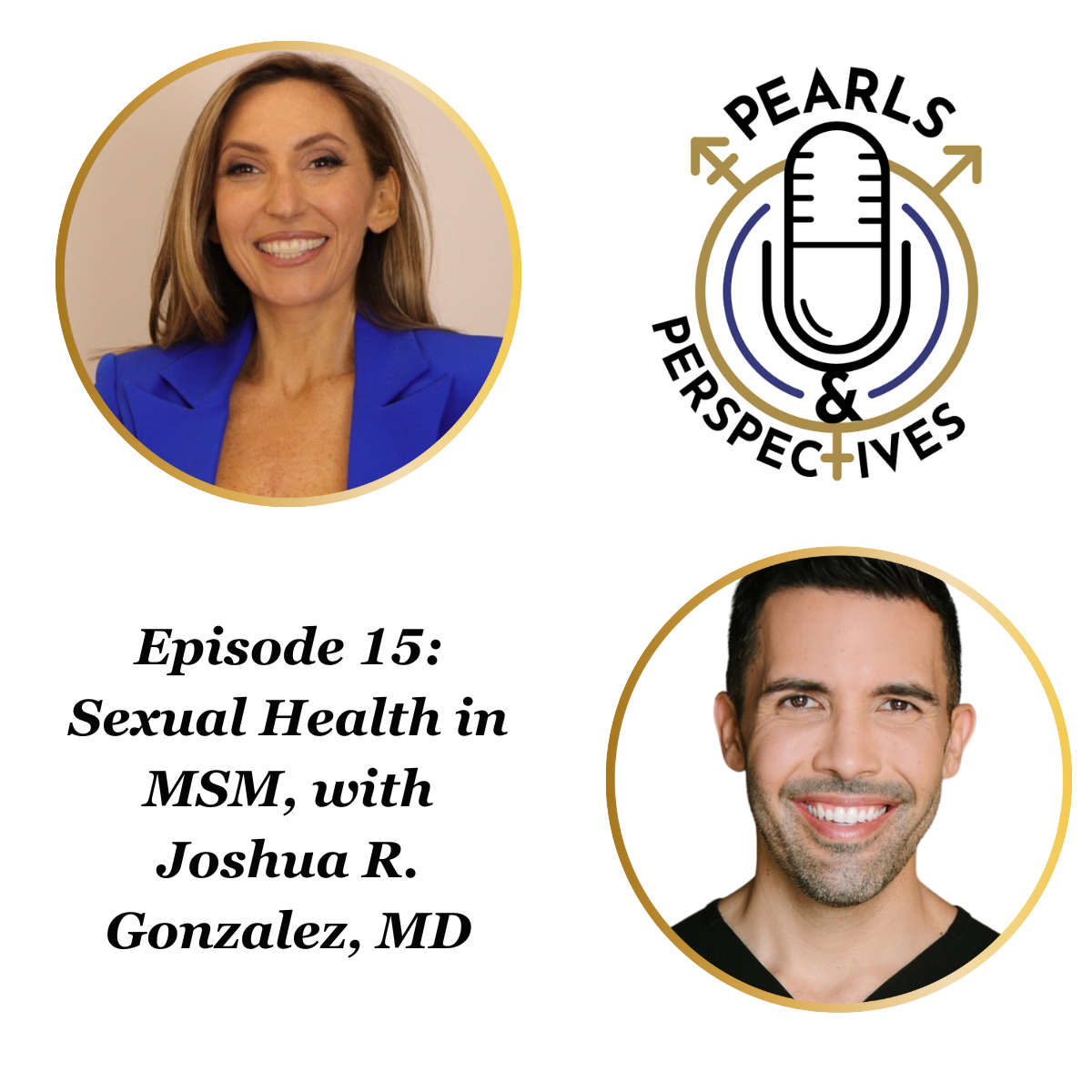Article
Long-term TRT improves urinary, erectile function
Long-term testosterone therapy in hypogonadal men improves urinary function and erectile function compared with untreated controls, according to registry data from a single practice.
Bremerhaven, Germany-Long-term testosterone therapy (TT) in hypogonadal men improves urinary function and erectile function compared with untreated controls, according to registry data from a single practice.
Also see: Testosterone solution yields improved sex drive, energy

Dr. HaiderAt the AUA annual meeting in San Diego, Ahmad Haider, MD, PhD, a urologist from Bremerhaven, Germany, presented his experience with TT at his practice.
Dr. Haider and colleagues examined a registry of 658 symptomatic hypogonadal men (mean age, 61 years). At baseline, men had total testosterone levels ≤348 ng/dL. Of the cohort, 360 received injections of testosterone undecanoate (Aveed), 1,000 mg every 12 weeks, following an initial 6-week interval for up to 10 years. All injections were administered in a single office. Some 296 hypogonadal men who opted against testosterone therapy served as the controls. Both groups were followed for a median of 78 months.
Total testosterone levels increased quickly to 500 ng/dL in the patients who chose testosterone therapy, and remained there through the end of follow-up. There was no change in total testosterone in the controls.
Prostate volume increased by a mean of 2 mL-from 29.2 mL to 31.1 mL-in the TT group over the 8 years and was unchanged in the controls. The estimated difference in prostate volume was 2 mL (p<.05) between the TT and control groups at year 8 when adjusted for baseline age, weight, waist circumference, fasting glucose level, blood pressure, and lipid levels.
As expected, the post-void residual volume as measured by ultrasound increased in the control group, from 48.3 mL at baseline to 64.5 mL at last follow-up. In the group that received testosterone undecanoate, post-void residual declined from a mean of 47.3 mL at baseline to a mean of 13.7 mL at the final follow-up.
The estimated adjusted difference in post-void residual volume was significant in favor of the TT group starting at year 1 (10 mL difference; p<.0001) and remained significant throughout the follow-up, reaching a difference of 53 mL at year 8 (p<.0001).
Next: IPSS decrease seen in TT group
IPSS decrease seen in TT group
The objective International Prostate Symptom Score (IPSS) decreased in the TT group-from 6.4 at baseline to 2.0 at year 8-but increased from 4.5 to 6.5 in the controls. The estimated adjusted difference in IPSS between the two groups was significant in favor of the TT group starting at year 2 (difference of 1.2; p<.0001) and remained significant through the end of the study, with a between-group difference of 4.8 (p<.0001).
Read - Hypogonadism: Expert panel adopts nine resolutions
In the TT group, the International Index of Erectile Function (IIEF-EF), measured on a 30-point scale, increased from baseline to last follow-up by 6.02 points, from 19.51 to 25.94. In the controls, IIEF-EF decreased from 20.47 at baseline to 11.7 at 8 years, for a decrease of 9.52 points. The estimated adjusted difference in IIEF-EF was significant at 1 year (p<.0001) and reached a difference of 14 points in favor of the testosterone group at the final follow-up (p<.0001).
The incidence of prostate cancer was 1.9% in the TT group and 4.1% in the control group. Per 10,000 patient-years, the incidence of prostate cancer was 31 in the TT group compared with 64 in the control group.
“All of the prostate cancers in the testosterone group were low grade,” said Dr. Haider. Of those in the TT group who developed prostate cancer, 100% were Gleason grade ≤3, compared with only 25% of the controls, he noted, which suggests a more severe phenotype in the controls.
There were 21 deaths in the control group, of which 19 were cardiovascular related, compared with two deaths in the TT group, neither of which was related to cardiovascular disease.
No patients dropped out of the TT group and treatment compliance was 100%.
“Long-term testosterone undecanoate was well tolerated, and excellent adherence suggested a high level of patient satisfaction,” Dr. Haider said.
Dr. Haider is an investigator and meeting participant/lecturer for Bayer, and one of his co-authors is a consultant/adviser for Bayer.
More from Urology Times:
Clinical pathways: A roadmap to medical success
How cutting carbs may benefit men on hormonal therapy
Medicare Part B drug billing revisited
Subscribe to Urology Times to get monthly news from the leading news source for urologists.
Newsletter
Stay current with the latest urology news and practice-changing insights — sign up now for the essential updates every urologist needs.













